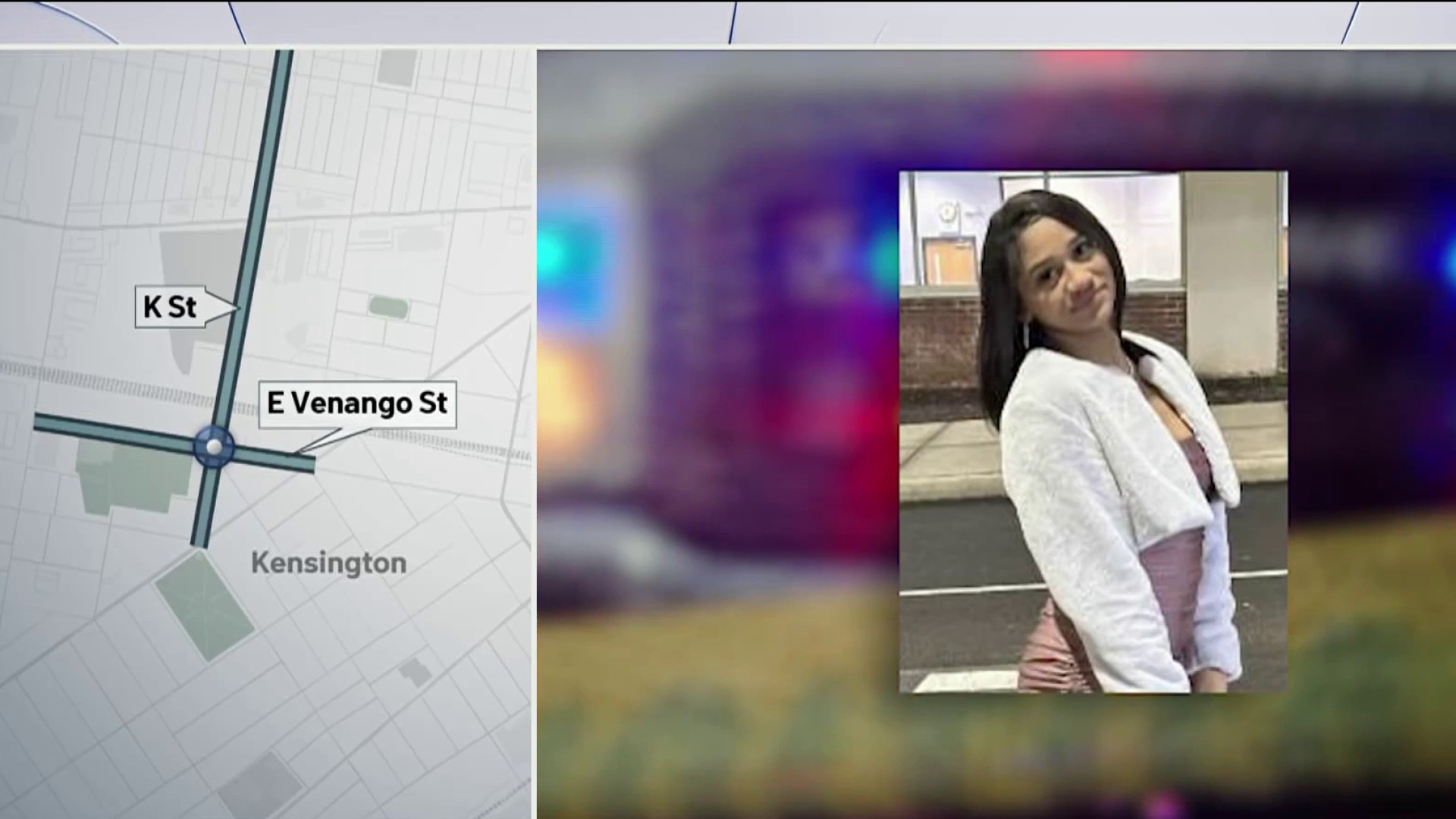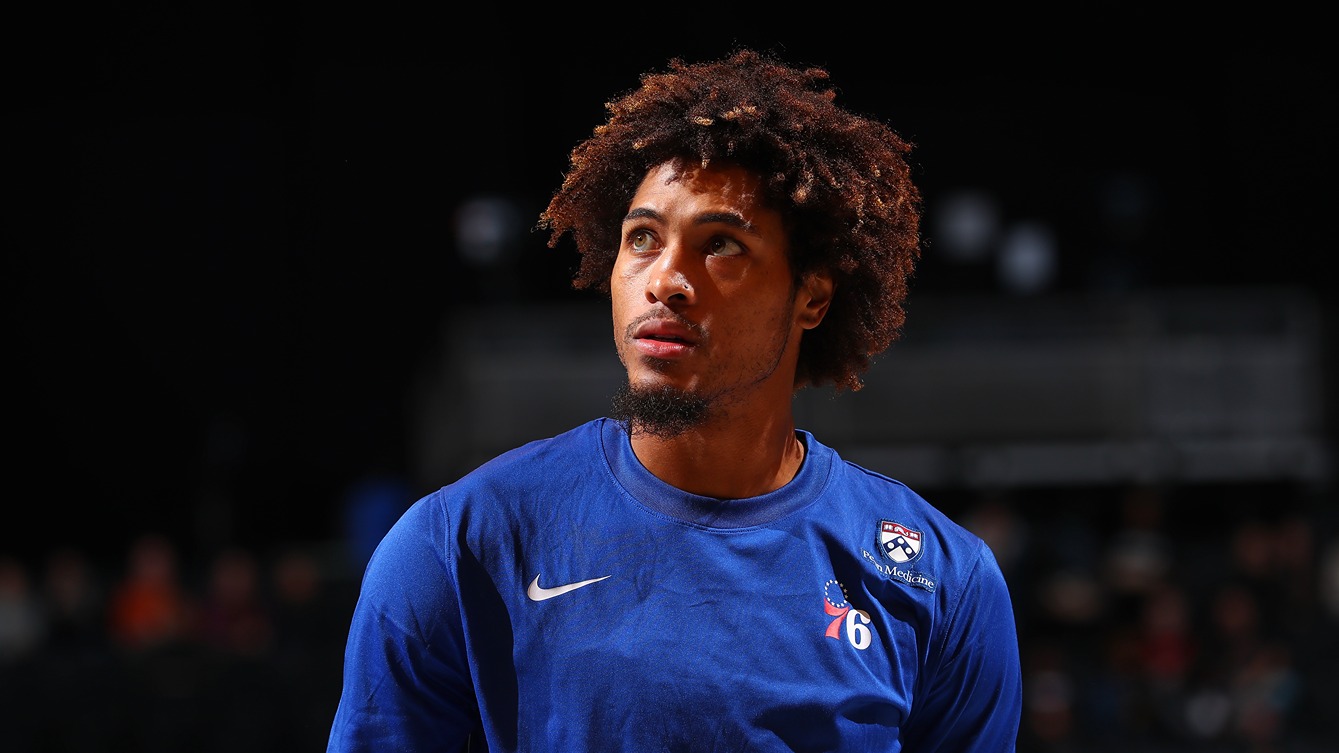What to Know
- Philadelphia is considering congestion pricing to combat clogged streets.
- The city currently has no specific policy on the matter.
- Philly will look to New York as an example. However, New York likely won't implement its congestion fees until at least 2021.
Driving into Center City can often eat into your time, and at some point it could do the same to your wallet.
Philadelphia is considering congestion pricing - charging people a fee for driving into certain areas at certain times and days - to combat clogged streets. Though it's considering the fees, the city currently has no specific policy on the matter, Mayor's Office spokeswoman Kelly Cofrancisco said.
"Philadelphia is only considering congestion pricing as part of its overall congestion reduction efforts and has no immediate plans to implement any new related policies at this time," Cofrancisco said in an email.
Philadelphia ranks as the 9th most congested city in America, according to a February report by traffic analytics company INRIX. Last year, that congestion cost Philadelphia drivers $1,568 each and cost the city itself $3.3 billion a year, INRIX reported.
Congestion pricing isn't new. London, Stockholm and Singapore have had such traffic schemes in place for over a decade, the latter first applying the fees as far back as 1975.
All three cities have seen success in both traffic and carbon dioxide reduction, according to the Tri-State Transportation Campaign, a nonprofit that studies and advocates for public transit in New York, New Jersey, and Connecticut.
However, despite London's past success, the city has struggled in recent years due to exceptions like those granted to "private hire vehicles" used by rideshare drivers. "Congestion levels have now risen to levels not seen since the Congestion Charging scheme was introduced in 2003 although without the scheme, congestion would be far worse than it is now," according to a December 2018 report by the city.
Local
Breaking news and the stories that matter to your neighborhood.
Moreover, though other places around the world have tried it, congestion pricing is still new in the U.S. New York is poised to become the first city in the country to apply such fees when it charges drivers in Manhattan.
Philadelphia will consequently be looking at New York's results to shape its own congestion pricing scheme.
"We always pay attention to policies in other cities to see if they can be adapted to fit Philadelphia's unique circumstances, and we'll be watching NYC's experience with congestion pricing closely to see how this can help improve equity, safety, sustainability, and mobility," Cofrancisco said.
But a big hurdle for both cities is the fact that the latter has not yet determined how much it will charge, and its fee will likely not be in effect until at least 2021. In the interim, Philadelphia is considering other options.
Already the city cut down on transit times on Market and Chestnut streets in Center City by having both Philadelphia and SEPTA police, as well as the Philadelphia Parking Authority, crack down on things like double parking and cars driving on the bus lane, according to a city report of the initiative.
Residents will also be able to vote on another proposal next month. If approved, the resolution proposed by City Council President Darrell L. Clarke would amend the city's charter to create new Public Safety Enforcement officers who would focus on quality of life issues like traffic while allowing police officers to focus on more serious crimes.
That proposal will be on the ballot at the next elections on May 21st.



